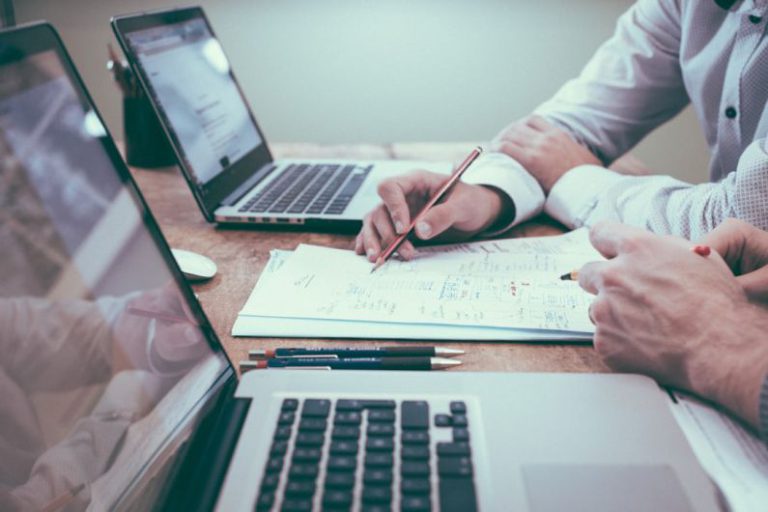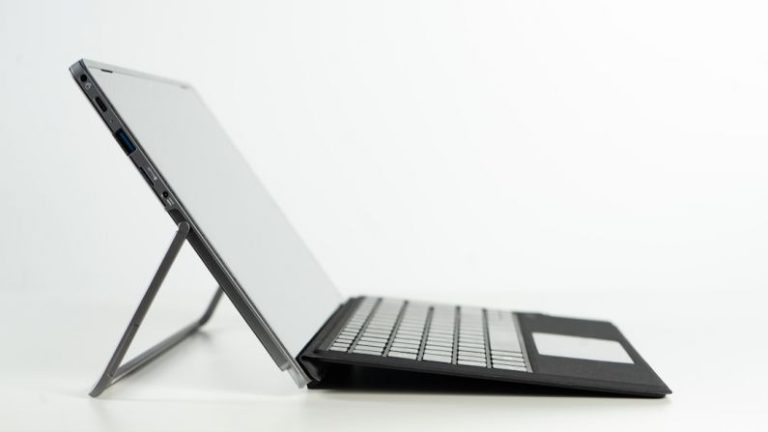Can I Upgrade My Laptop to a Desktop Pc’s Performance?
Laptops have become an essential tool in our daily lives, offering portability and convenience. However, when it comes to performance, desktop PCs have traditionally held the upper hand. Many laptop users may find themselves wondering if they can upgrade their device to match the performance of a desktop PC. In this article, we will explore the possibilities and limitations of upgrading a laptop to achieve desktop-level performance.
Understanding the Limitations of Laptops
Laptops are designed with compactness and mobility in mind, which often comes at the expense of upgradability and performance. Unlike desktop PCs, laptops have limited space for components and are not as easily customizable. This means that certain hardware components, such as the CPU and GPU, are often soldered onto the motherboard and cannot be easily replaced or upgraded.
Upgrading RAM and Storage
While upgrading the CPU and GPU in a laptop may not be feasible, there are still ways to improve performance. One of the most common upgrades is increasing the amount of RAM. Adding more RAM can help improve multitasking capabilities and overall system performance. Additionally, upgrading to a faster solid-state drive (SSD) can significantly boost the laptop’s speed and responsiveness.
External GPU (eGPU) Solutions
For users looking to enhance their laptop’s graphical performance, an external GPU (eGPU) may be a viable option. An eGPU is an external enclosure that houses a desktop GPU and connects to a laptop via a Thunderbolt 3 port. This allows users to enjoy desktop-level graphics performance on their laptop when the eGPU is connected.
Overclocking and Cooling Solutions
Another way to potentially boost a laptop’s performance is through overclocking. Overclocking involves pushing the CPU and GPU beyond their factory-set speeds to achieve better performance. However, this can also lead to increased heat generation, which may require enhanced cooling solutions such as laptop cooling pads or external cooling systems.
Software Optimization
In addition to hardware upgrades, optimizing software settings can also help improve a laptop’s performance. This includes updating drivers, removing bloatware, and adjusting power settings to maximize performance. Regularly maintaining the operating system and keeping software up to date can also prevent system slowdowns and improve overall performance.
Considerations and Conclusion
While it is possible to enhance a laptop’s performance through upgrades and optimizations, it is important to consider the limitations and potential risks involved. Upgrading certain components may void the laptop’s warranty or cause compatibility issues. Additionally, not all laptops are designed to support external upgrades such as eGPUs.
In conclusion, while it may not be possible to upgrade a laptop to match the performance of a desktop PC entirely, there are still ways to improve its speed and capabilities. By focusing on upgrades such as RAM, storage, and external GPU solutions, users can enhance their laptop’s performance for specific tasks such as gaming or video editing. However, it is essential to weigh the costs and benefits of upgrades carefully and consider the long-term implications for the laptop’s functionality.






